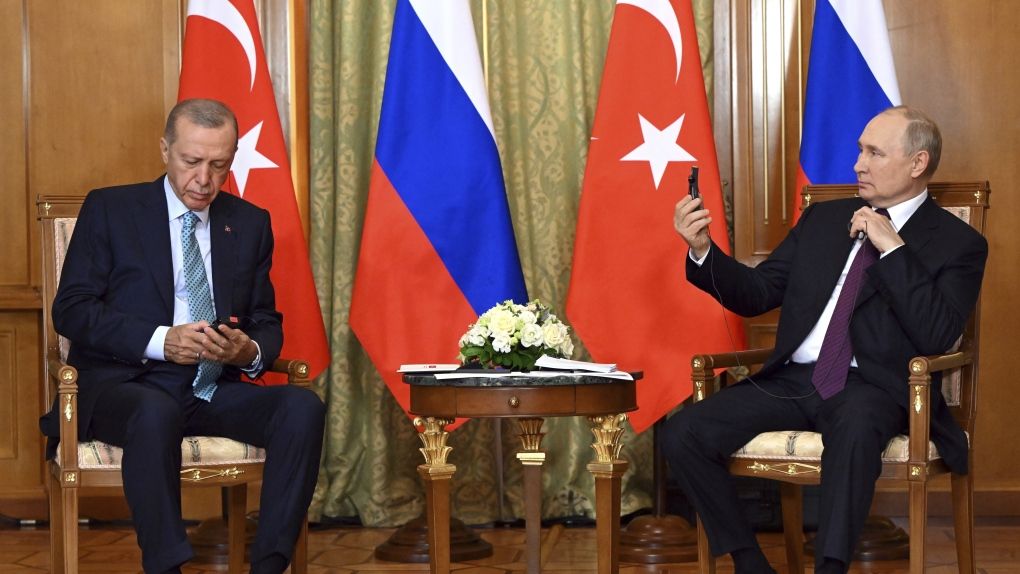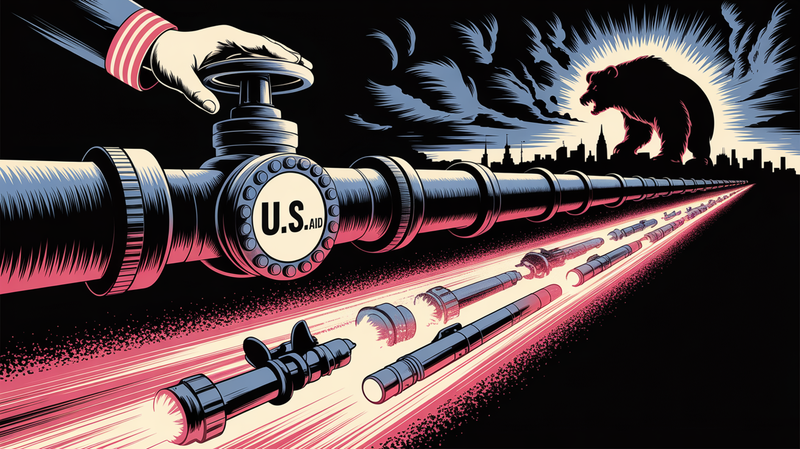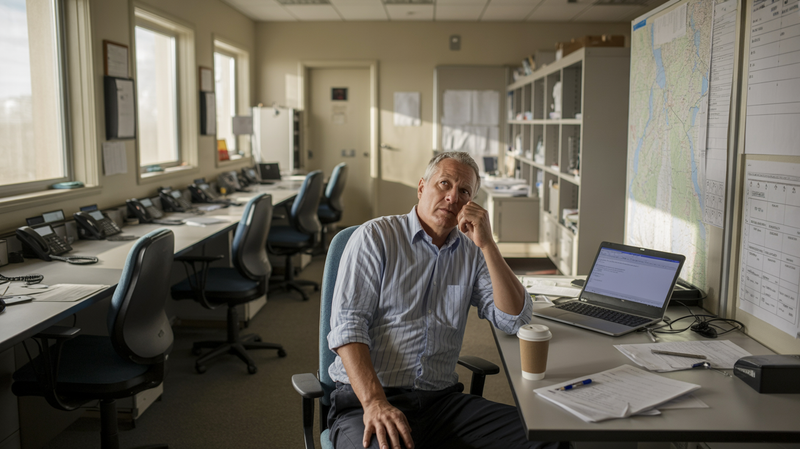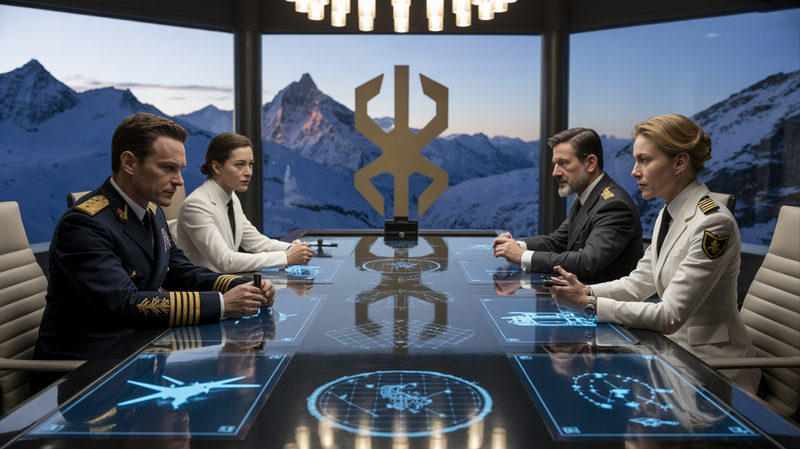Erdogan Visits Putin in Sochi Aiming to Revive Ukraine Grain Deal
SOCHI - On September 4, 2023, talks commenced between Russian President Vladimir Putin and his Turkish counterpart, Recep Tayyip Erdogan, in the picturesque setting of Sochi, Russia. The primary focus? The Ukrainian grain exports via the Black Sea. The meeting marked nearly two months since Russia's unexpected departure

SOCHI - On September 4, 2023, talks commenced between Russian President Vladimir Putin and his Turkish counterpart, Recep Tayyip Erdogan, in the picturesque setting of Sochi, Russia. The primary focus? The Ukrainian grain exports via the Black Sea.
The meeting marked nearly two months since Russia's unexpected departure from a joint UN and Turkey agreement. This pact permitted Ukraine to export grain and other essential commodities from three of its pivotal Black Sea ports, even amidst the ongoing war with Russia.
"Everyone is looking at the grain corridor issue," stated Erdogan, highlighting the global anticipation surrounding this deal. In response, Putin remarked, "We are open to negotiations on this question."
Al Jazeera's Dorsa Jabbari, reporting directly from Sochi, revealed that high-level discussions involving the central bank chiefs of both Turkey and Russia were also taking place. These sideline talks aimed to finalize payment methodologies concerning the Black Sea grain export deal.
With a history of friendship, both Putin and Erdogan are at a crucial juncture. The stakes? The global food supply. "This meeting is a critical point for both to reach an agreement, especially on the grain deal, which affects world food supplies,” Jabbari noted.
However, predictions from experts hint at challenging negotiations. "My gut feeling is that Putin recognises the leverage he has by using food as an economic weapon and will fight for all he can get in terms of concessions on his wish list," commented Tim Benton of the Chatham House think tank. He speculates these concessions could range from Russia's own grain and fertiliser exports to broader geopolitical issues.
The initial deal intended to curb the spiraling global food crisis by enabling the smooth flow of Ukrainian grain from its ports during the prevailing conflict. It's noteworthy that both Russia and Ukraine are dominant figures in the global agricultural arena, influencing markets from wheat, barley, and corn to rapeseed and sunflower oil.
Recently, Putin has expressed Russia's potential return to the grain agreement if the West intervenes and facilitates Russian food and fertiliser exports, currently facing numerous challenges. UN's Antonio Guterres mentioned last week about dispatching a series of "concrete proposals" to Sergey Lavrov, Russia's Foreign Minister, with hopes of reinvigorating the deal.
However, the Russian Ministry of Foreign Affairs struck a cautionary note, with spokesperson Maria Zakharova asserting that the demands as inferred by the agreement remain unmet from the earlier deal.
In a concerning development post their July exit from the grain deal, Russia has intensified its military presence, targeting Ukrainian ports and broadly viewing vessels in the Black Sea as potential military threats. In response, Ukraine has devised a "humanitarian corridor," a safer alternative skirting the shores of neighbouring Romania and Bulgaria.




